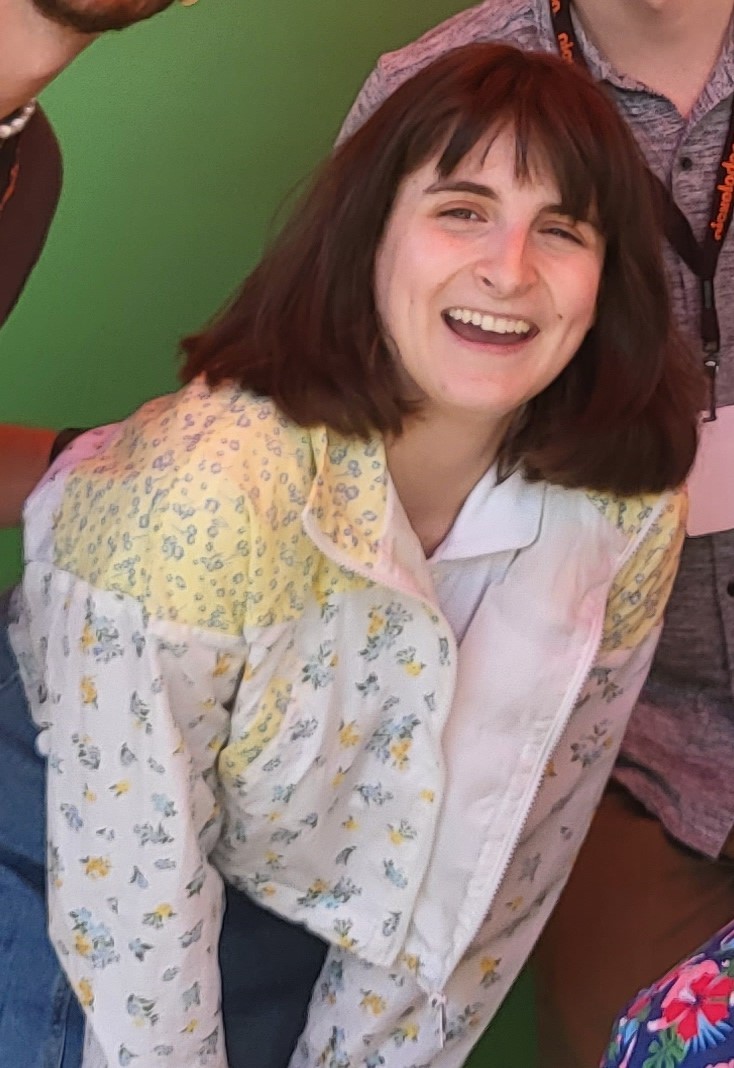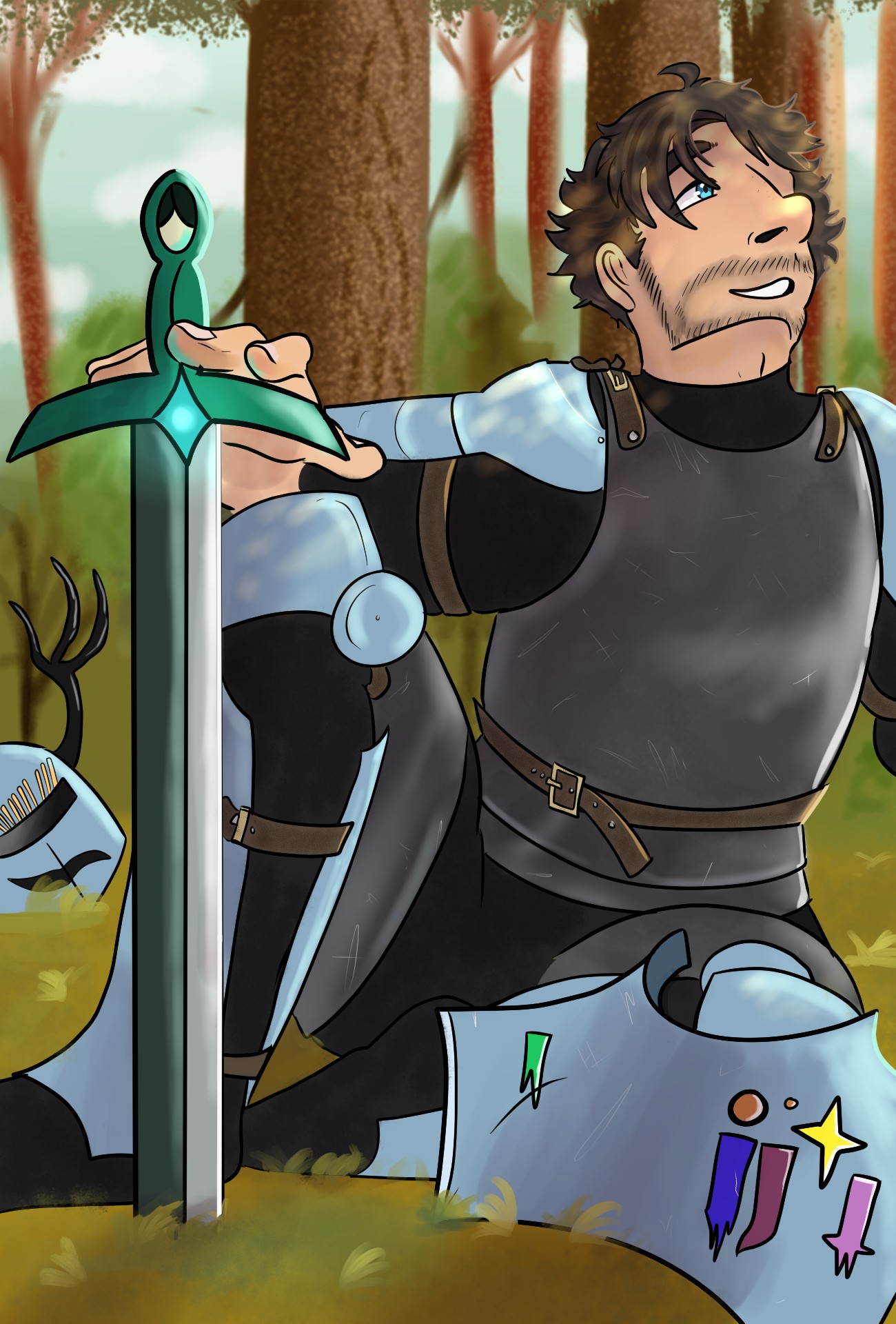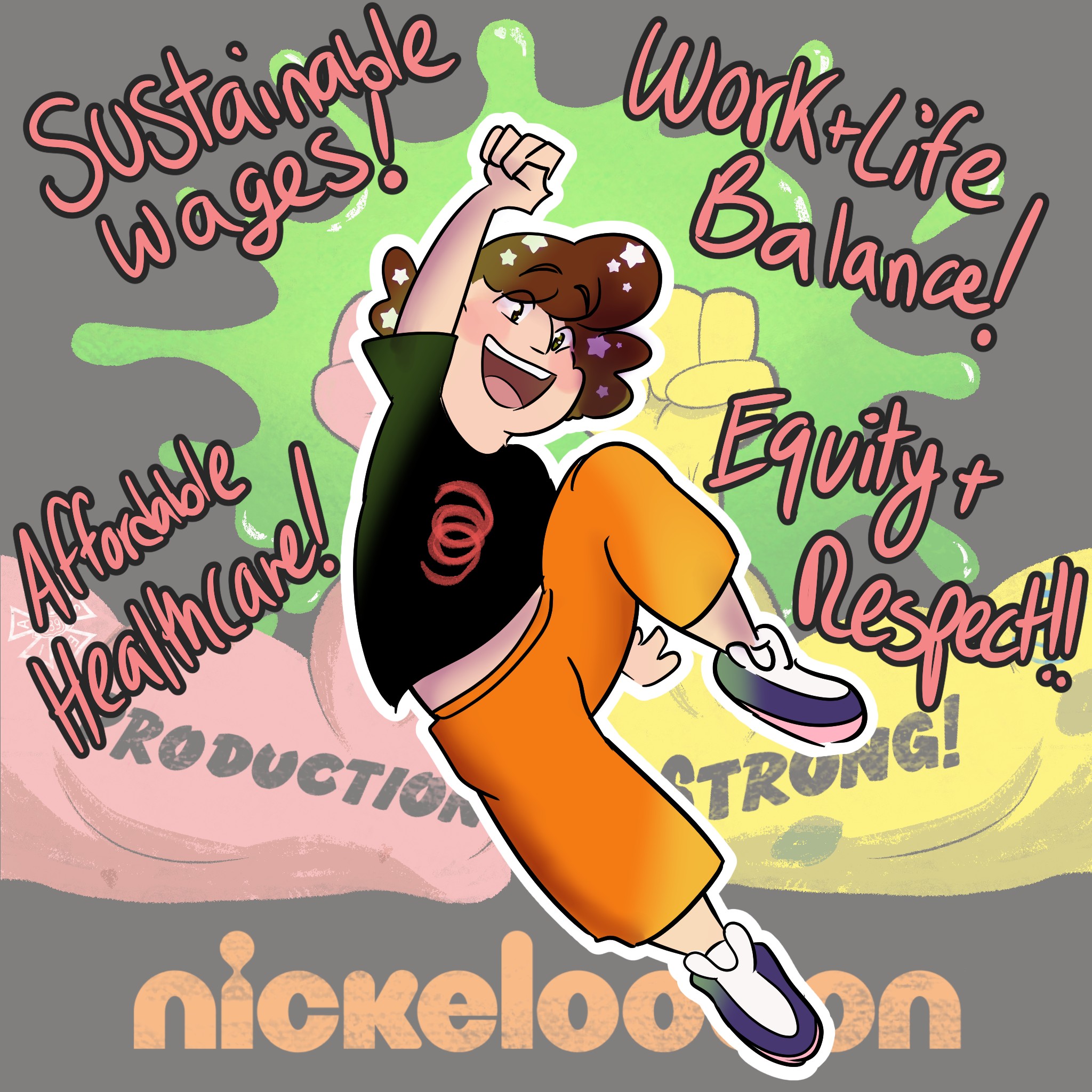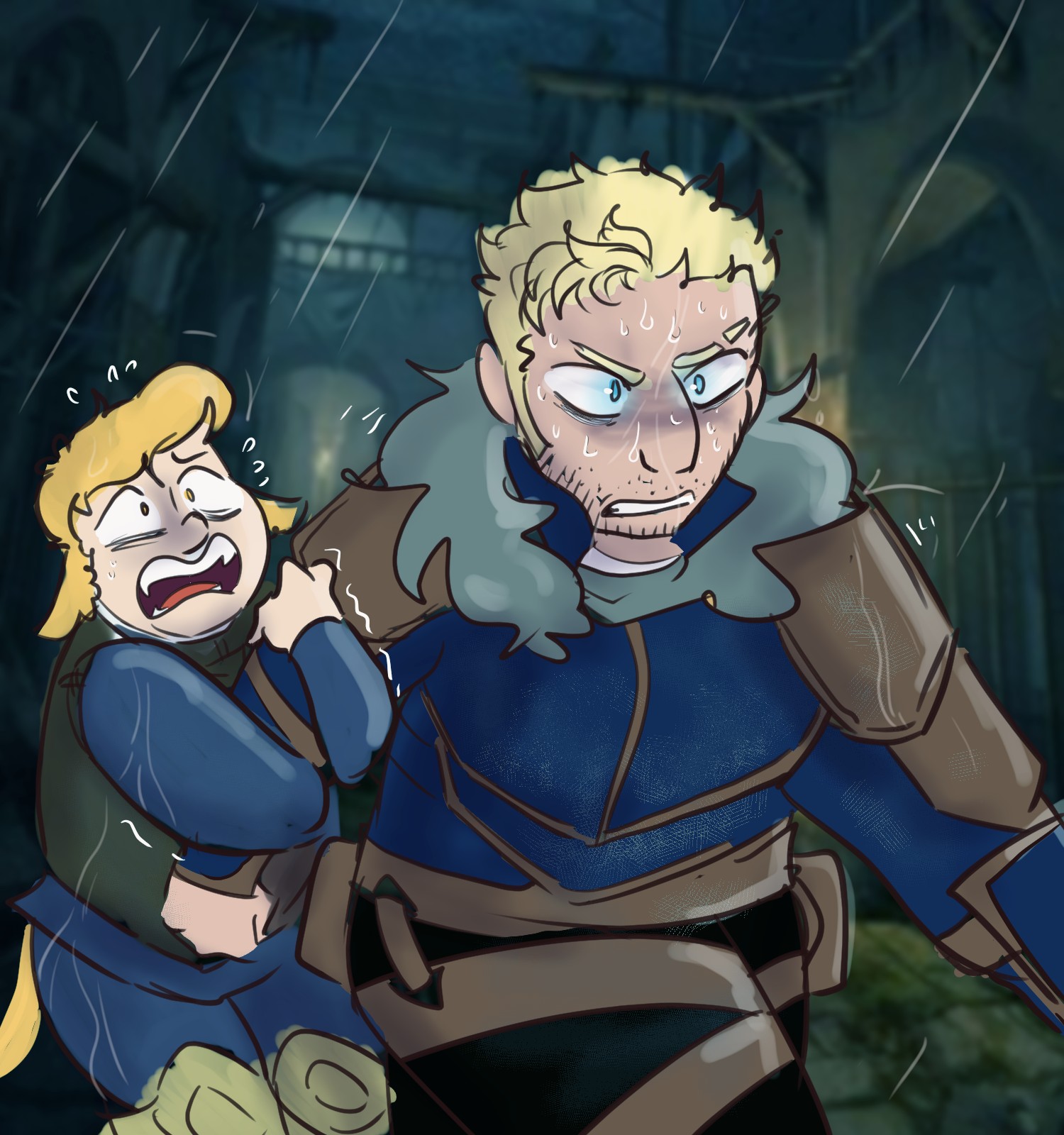We’re excited to introduce you to the always interesting and insightful Abigail Bokun. We hope you’ll enjoy our conversation with Abigail below.
Hi Abigail, thanks for joining us today. It’s always helpful to hear about times when someone’s had to take a risk – how did they think through the decision, why did they take the risk, and what ended up happening. We’d love to hear about a risk you’ve taken.
The biggest risk I have taken thus far in my animation career is moving out to Los Angeles. I had just graduated from college with zero job prospects, and while I had plenty of creative internships under my belt, none of them had been fruitful enough to land me a job out in LA. I grabbed my degree, packed my things and left Chicago, my second home for 4 years, to move to a place on the opposite side of the country from my family. Going to school for a creative degree can sometimes be detrimental because although you might learn all of the practical skills necessary to create (in my case animating), there can be a large gap when it comes to learning the art of the business side of the creative world. Not to mention the fact that I went to school in the Midwest, whereas students who went to school in California or near Los Angeles might have a better chance at networking and making connections while they were still in school with the industry in order to get an internship or a job. I was living with four other individuals in a two-bedroom apartment with varying degrees of income. And I myself, having moved out to LA without a job prospect, ended up working small underpaying freelance gigs sporadically for several months before I was forced to give up on the hope of finding an animation job and take on a part time job. I consider this entire endeavor the biggest risk because it presented the biggest mental block I had to face in order to become a more resilient person. I had to make a choice: my pride as a creative or my ability to feed myself and have a roof over my head. Ultimately, I took solace in knowing I wasn’t the only one struggling to find work out in Los Angeles. But I also developed a strong sense of acceptance in a time that felt extremely tumultuous; you truly cannot control the future, you can only control the actions you take in the present. And I took some comfort in knowing that the opportunity to interview at a major animation studio would only come if somebody took a chance to read my resume or take the referral from a friend. In the meantime I would continue working my part time retail job and taking on small freelance gigs until the opportunity arose to start slowly shoving my foot in the door to the animation industry with the help of some acquaintances who had already managed to land themselves work there.

Awesome – so before we get into the rest of our questions, can you briefly introduce yourself to our readers.
I knew from a young age that I wanted to work in animation or do something with drawing. In the 5th grade when I graduated, they read off from a sheet of paper that said that when I grew up I wanted to work at Pixar animation studios. Granted, I haven’t made it to Pixar yet, but I think I’m satisfied with how my career has gone thus far. I primarily work in animation production for TV pipelines, which consists of ensuring that all artists writers and other various creatives on my show have all the assets materials emails meetings and communication that they need in order to create a product that will entertain and educate anyone who watches it. I am most proud of the last three years of my career in which I helped unionize my craft. Animation production is one of the most underpaid and underappreciated positions in any given studio and deserves better treatment across the board!
I believe that a crew that is respected, communicative, paid appropriately and given appropriate balance between their work and their life will create shows and movies that resonate with their audiences. It gives everyone an opportunity to learn something new.

What do you find most rewarding about being a creative?
The most rewarding aspect of being an artist or working in a creative environment is spending time with coworkers whose minds think similarly to you. I have had so many fun and interesting conversations with other people that work in animation simply because we all work to create moving pictures out of a bunch of beautifully drawn lines; we all understand the importance of art as a way to self express, and I think a lot of us that work in children’s animation specifically maintain that sort of childlike wonder and whimsy that led us to the craft in the first place. I would not continue working in this field if it were not for kind and respectful coworkers that made the hard times worth it.

How can we best help foster a strong, supportive environment for artists and creatives?
Society is already wired to enjoy art and entertainment. What I would hope for in the near future is that those who consume and enjoy art work to protect the people who make the art. Right now, our careers are threatened by corporate greed and capitalism’s driving obsession with efficiency. It hurts my heart to see the tech industry embracing AI while the program itself stands to destroy the career the careers of thousands of workers. I oftentimes ask myself why are we automating one of the most beautiful gifts of being human: being creative? And I would ask simply that society works alongside us to ensure that these technologies do not replace us simply because they claim to get the art done “faster”.

Contact Info:
- Instagram: https://www.instagram.com/l8torgator/
- Linkedin: https://www.linkedin.com/in/akbokun/


